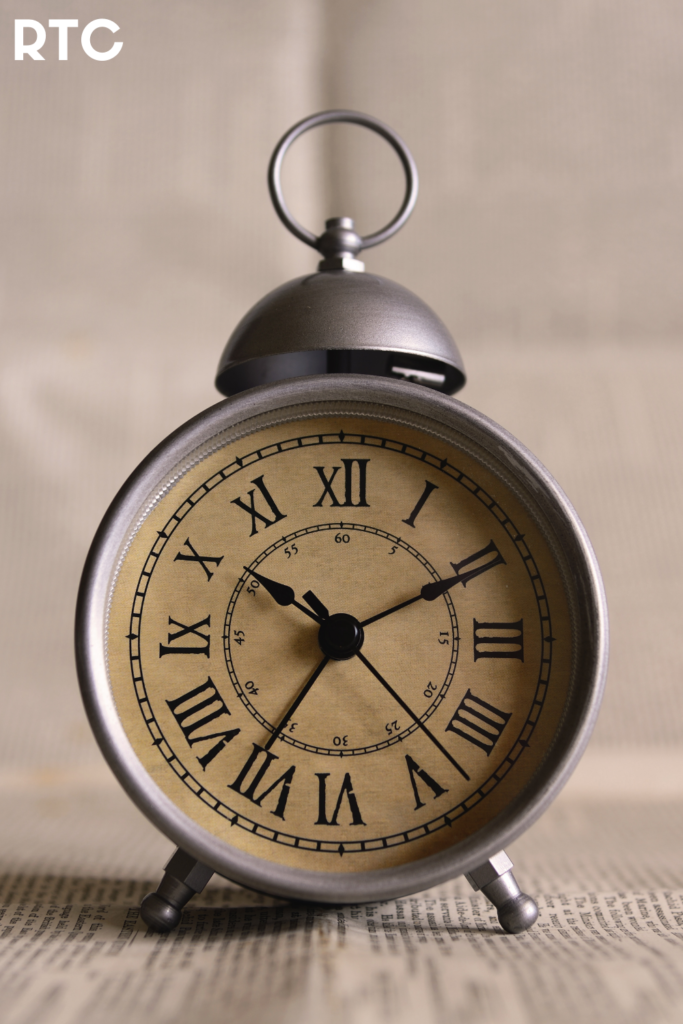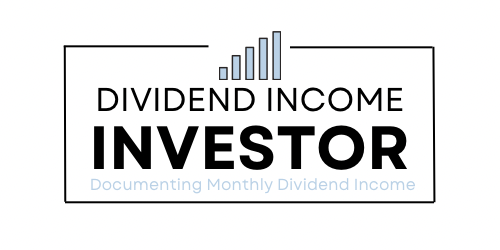Does Work and Job Stress Make You Age Faster? Your job can make you look older. Here’s how work speeds up aging + solutions to avoid it.
Full-time jobbing and ladder climbing speeds up aging.
I decided to take a deeper look to see if there is evidence to back this up.
Some points are based on my own observations.
Subsequently, other points are based on research.
Does Work and Job Stress Make You Age Faster?
“Don’t try to be young. Just open your mind. Stay interested in stuff. There are so many things I won’t live long enough to find out about, but I’m still curious about them. You know people who are already saying, ‘I’m going to be 30—oh, what am I going to do?’ Well, use that decade! Use them all!” -Betty White
Age Faster By Forced Work Apparel
One of the most unarguable observations that can be made is that professional attire immediately makes an individual look older.
Businesses would tell you the purpose of dress codes is to present and brand a professional image that represents the company.
But they always seem to forget the historical and psychological impact dress codes have when they’re going over their dress code manuals.
The Historical Significance of Dress Codes
The historical significance is dress codes originated as a way to separate classes. In the seventh through the ninth centuries, the European royalty and nobility used a dress code to differentiate themselves from other classes of people. (Source: Wikipedia)
In a world that is increasingly concerned about the imbalance of wealth, isn’t this concept outdated? Doesn’t it fit in the same category as other forms of discrimination, like employers not hiring someone because of dyed hair, earrings or tattoos?
From a psychological perspective, dress codes are a form of control or a way to create order. Prisons have dress codes—orange jump suits. They serve those who are incarcerated as a constant reminder of their position. Schools with dress codes are often more strict. And businesses that force dress codes change employees into the robots they want.

How Dress Codes Cause You To Age Faster
Personally, I do not like dress clothes in a work setting. I find ties especially ridiculous. I mean, it’s pretty strange to tie a fabric string around your neck and then go to work all day with an uncomfortable, scratchy, overheated neck string hanging down. That’s just my opinion.
Dress codes add 10 years like a high school student’s first prom suit or dress causes them to look like a young adult.
But the immediate impact of a dress code is not even the main problem.
The problem is that wearing those type of clothes has a lasting effect.
It forces an individual to buy a wardrobe to fit the dress code. Then that dress code becomes their style 5 out of 7 days per week.
After a few years, business casual becomes permanent and individual style is forgotten.
The problem is that business casual is outdated and makes people look old.
Lack of Time for a Proper Diet
You don’t have to be a personal trainer or mathematician to see how a poor diet impacts aging.
At this point in history, most of us know the different food groups and understand that it’s important to eat healthy.
We know that eating chips and drinking Coca Cola all the time will cause us to gain weight.
Weight gain leads to health issues and it causes an individual to look older than they are. I’m not trying to be rude or anything, I’m speaking for myself.
After I decided to go back to work after my year off, I was questioned on my age and how I looked younger than I am. At first I didn’t believe it or understand it.
But then I realized it was because I was working out more and eating healthier during my year off because I had more time. I had time to prepare meals and go to the gym.
Of course, it’s possible to go to the gym, eat healthy, and maintain a full-time job. But then that becomes your entire life. There’s no time to side hustle, and that lifestyle is challenging for a family.
Therefore, time constraints, rushed commutes, general tiredness, and an unbalanced, less active lifestyle leads to aging faster.
Age Faster by being Influenced by Work Culture
Work environments sometimes manipulate language and behaviour.
They say things like “leave your problems at the door” and “it’s important to network with others” and “smile.”
We all put on our best before we go into work. We interact with others in a friendly way because we don’t want to get fired.
Eventually, we take this work-conceived personality home with us.
Slang we used with our friends is replaced by phrases like “as per my last e-mail, “let’s keep the momentum going,” and “friendly reminder.”
Instead of talking about interests, we begin trying to impress friends with career titles, work stories, and how much we contribute to the company we work for. Frankly, it’s boring.
It’s fairly obvious that work contributes to an older personality. Sometimes it is a good thing, but more often than not, it sucks the originality out of a person until it’s hard to know who you’re even talking to anymore.

Commuting Could Kill
In 2016, a study of Norwegian railroad employees found that those who commuted for an hour or more to work each day reported more health issues than their peers.
On the other hand, this statistical data could mean that employees are calling in sick more to avoid the commute. But that’s still in line with work affecting mental health.
Health issues, whether mental or physical, are a sign of aging.
Jobbing leads to lack of Sleep
Something strange happens when I have enough time away from work—I sleep regularly.
As soon as I’m off for long enough, I begin going to bed earlier and waking up with the sun.
But with full-time jobbing, I find that I try to stay up later to avoid waking up and starting the same day over again.
This is bad because lacking sleep leads to aging, according to a sleep expert that commented in the Toronto Sun:
“Lack of sleep slows circulation which makes skin less rosy, increases wrinkles, and enhances dark circles. I think if you have that, you look older.” –Dr. Michael via the Toronto Sun
Posture, Eyesight, Job Accidents, Wear and Tear
Office jobs can cause posture issues long term if the employer does not provide ergonomic options.
Eyesight problems are a near foregone conclusion for someone that stares at a screen for 40 years.
For workers and physical labourers, job accidents can cause walking and bending issues or worse.
And of course, a lifestyle of physical labour can lead to arthritis, soreness, weakness, and an appearance of advanced age because of slower movements.
“Careers that produce negative feelings of guilt and resentment, that are isolating or toxic, and that stifle a positive work life balance, negatively impact your biological age,” says wellness expert Beverly Beuermann-King.
Age Faster Through Job Stress
According to an article from the Toronto Sun, job stress can and does age you.
In the article, a quote from Beverly Beuermann-King states:
“Research is proving that chronic stress can speed up the cellular aging process in our bodies, and make us look older than we are.”
If a wellness expert like Beverly is confirming that jobs cause aging, then careers should be chosen carefully.
Solutions to Avoid Aging Faster From Work
There are several solutions or conclusions that can be drawn from this post in the interest of preventing an individual from aging faster.
First, work-life balance is extremely important. To avoid aging faster, make time to relax and enjoy other aspects of life. Spend time with friends at work and outside of work. Save money and avoid fixed expenses to have more options in life.
Second, consider high paying part-time jobs or more flexible work arrangements to create more time before financial independence.
Three, find a way to maintain a healthy diet and exercise regularly to avoid aging faster from work. Sleep regularly too.
Four, become financially independent so you can create your own schedule. Personally, I am building a cash flow machine through dividend investing and blogging to build my own schedule.
Five, find a career that you love so much that it doesn’t feel like work. Warren Buffett and Charlie Munger have aged slower because of fulfilling careers. They are still able to hold on to their positions as CEO and Chairman at 89 and 96 years old.

Age Faster Through Work and Job Stress – Concluding Thoughts
Every so often I put together a post that is an attempt to be borderline satirical.
At the same time, there are real points worth discussing. This is one of those posts.
I truly believe that work and job stress does advance aging. But it’s a difficult problem for employers to pinpoint, rank, assess, and solve. It doesn’t have a direct solution, because you never know what the majority of the population would do with their time given a universal basic income. Maybe not working would age us faster…
Moreover, I enjoy work and income is required to reach financial independence. I don’t want to eliminate work entirely to defeat aging faster.
“Having a job and getting older are just facts of life – you will have to work, and you will get older. But your job shouldn’t cause you to age faster.” -Heather Huhman
In summary, to avoid aging faster from work:
- Maintain a healthy work-life balance
- Eat right
- Exercise
- Sleep well
- Have friends inside and outside the office
- Select a fulfilling career
- Become financially independent so you can build your own schedule.
I am not a licensed investment or tax adviser. All opinions are my own. This post contains advertisements by Google Adsense. This post also contains internal links, affiliate links, links to external sites, and links to RTC social media accounts.
Earn passive income through dividend investing with RTC’s link below ($50 in free trades):

Connect with RTC
Twitter: @Reversethecrush
Pinterest: @reversethecrushblog
Instagram: @reversethecrush_
Facebook: @reversethecrushblog
Email: graham@reversethecrush.com


 Investing during Coronavirus – The Impact to my Portfolio – Is Now the Time to Invest?
Investing during Coronavirus – The Impact to my Portfolio – Is Now the Time to Invest?
